Zeus howled the whole way home to protest the anesthesia.
Is anesthesia hard on dogs?
Anytime your dog undergoes anesthesia, there is some risk involved. However, with modern veterinary medicine, the risks associated with anesthesia are much lower than they used to be. That being said, every dog is different and some may react to anesthesia more strongly than others. Some of the side effects that have been associated with anesthesia include vomiting, diarrhea, drooling, and loss of appetite. In most cases, these side effects are relatively mild and will go away on their own within a day or two. However, if your dog seems to be in distress, it is important to contact your veterinarian right away. With proper care and monitoring, most dogs will recover from anesthesia without any serious complications.
Anesthesia is necessary for many medical procedures, from basic checkups to more invasive surgery. While it is generally safe for dogs, there are some risks to be aware of. The most common complication is vomiting, which can occur when the anesthesia is wearing off. In some cases, dogs may also experience dizziness, disorientation, and loss of coordination. If your dog seems to be in pain or discomfort after anesthesia, please contact your veterinarian immediately. With proper care and monitoring, most dogs recover quickly and without any lasting effects.
After any surgery, it is normal for your dog to be drowsy and tired from the anesthesia. It is important to keep them calm and quiet during their recovery. Offer small amounts of water and food as they may not have a lot of energy or an appetite right away. Monitor your dog closely for the first 24 hours after the surgery as some dogs may experience vomiting, diarrhea, or excessive bleeding. If you notice any of these side effects, please contact your veterinarian immediately. Most dogs will recover from anesthesia without any problems, but it is always better to be safe than sorry. With a little TLC, your dog will be back to their normal self in no time.
Top 10 Related Dog Videos
1.
 Funny Dog Climbs Into Cat’s House And Steals Her Bed This sweet French Bulldog just wanted to cuddle with the cat, but she wasn’t having it. Can my cat sleep with my dog? Pets are ... Read more
Funny Dog Climbs Into Cat’s House And Steals Her Bed This sweet French Bulldog just wanted to cuddle with the cat, but she wasn’t having it. Can my cat sleep with my dog? Pets are ... Read more2.
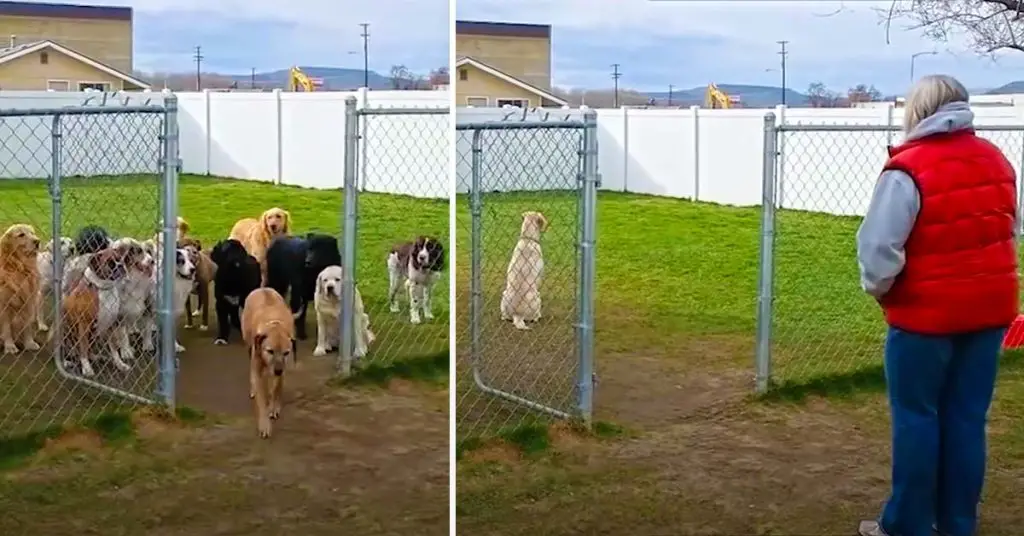 Smart Dogs Wait For Their Names To Be Called These good dogs are called one-by-one to leave. They save the best for last. Echo is so adorable. Dogs are smart! At least, many people ... Read more
Smart Dogs Wait For Their Names To Be Called These good dogs are called one-by-one to leave. They save the best for last. Echo is so adorable. Dogs are smart! At least, many people ... Read more3.
 Dogs Take Turns Holding A Toy While The Other Receives Treats You can learn a lot about teamwork from Grace and Cuba as they take turns holding their favorite toy while the other munches on some ... Read more
Dogs Take Turns Holding A Toy While The Other Receives Treats You can learn a lot about teamwork from Grace and Cuba as they take turns holding their favorite toy while the other munches on some ... Read more4.
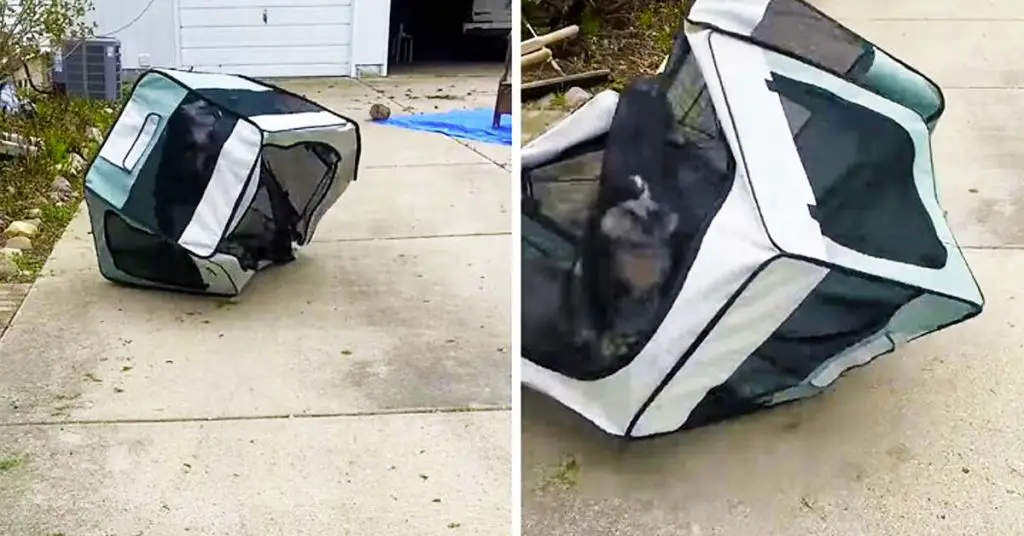 Playpen Can’t Contain Aussie Pup’s High-Energy Zoomies Isabel’s owners tried a playpen to keep her safe in the front of the house, but that didn’t stop her from running around. Is a ... Read more
Playpen Can’t Contain Aussie Pup’s High-Energy Zoomies Isabel’s owners tried a playpen to keep her safe in the front of the house, but that didn’t stop her from running around. Is a ... Read more5.
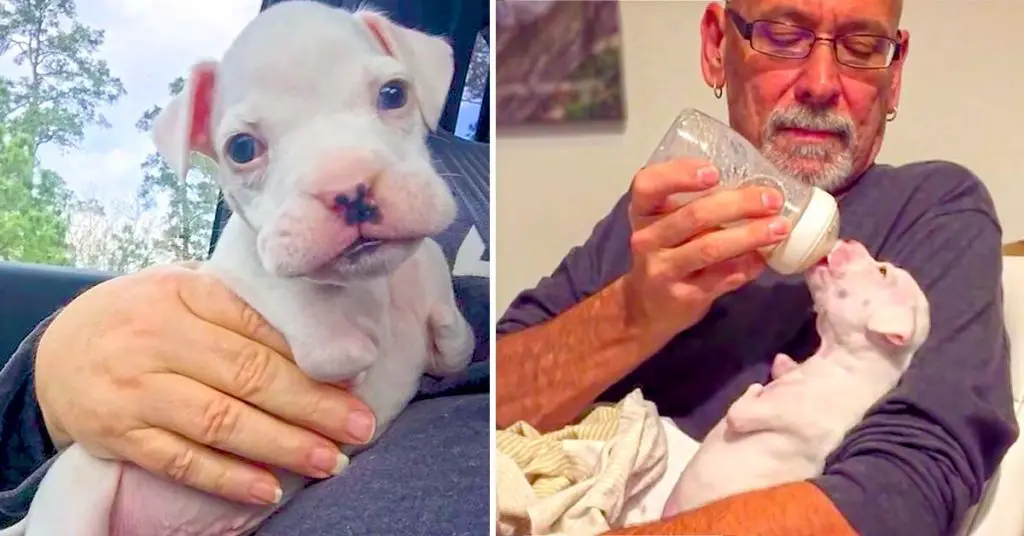 Nubby The 2-Legged Boxer Steals His Dad’s Heart Nubby was born with only 2 legs and was very weak, but with a lot of love and care he grew stronger. This is such ... Read more
Nubby The 2-Legged Boxer Steals His Dad’s Heart Nubby was born with only 2 legs and was very weak, but with a lot of love and care he grew stronger. This is such ... Read more6.
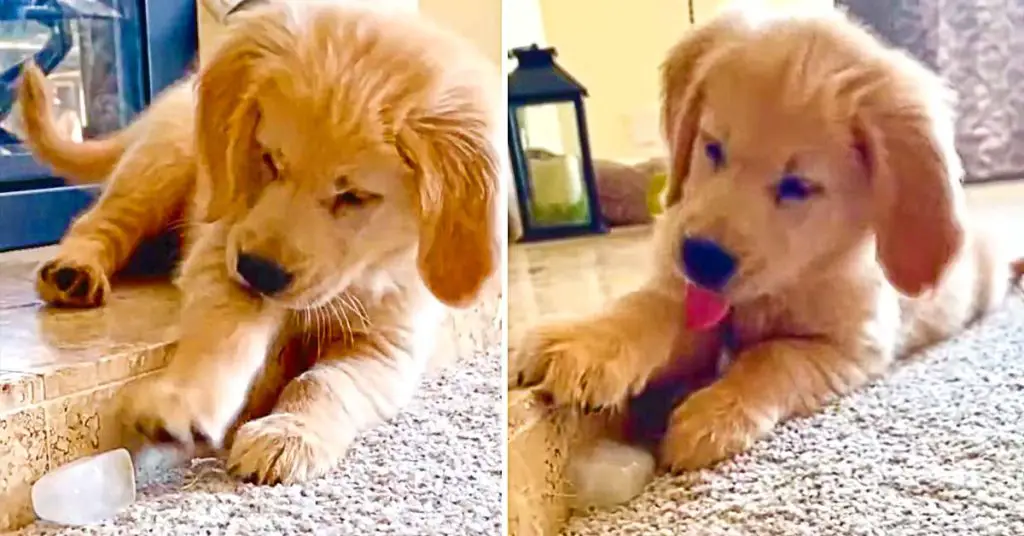 Golden Retriever Puppy Loves Playing With Ice Cube Luna the Golden Retriever puppy is about the cutest puppy ever, and this adorable clip shows her playing with an ice cube. Why do puppies ... Read more
Golden Retriever Puppy Loves Playing With Ice Cube Luna the Golden Retriever puppy is about the cutest puppy ever, and this adorable clip shows her playing with an ice cube. Why do puppies ... Read more7.
 Dog’s ‘Cone of Shame’ Turns Into Hilarious Costumes Gus was recently neutered and his owner and her roommate, Kaitlyn Cotter and Hilary Turk, decided to turn his cone into fun costumes. Gus becomes ... Read more
Dog’s ‘Cone of Shame’ Turns Into Hilarious Costumes Gus was recently neutered and his owner and her roommate, Kaitlyn Cotter and Hilary Turk, decided to turn his cone into fun costumes. Gus becomes ... Read more8.
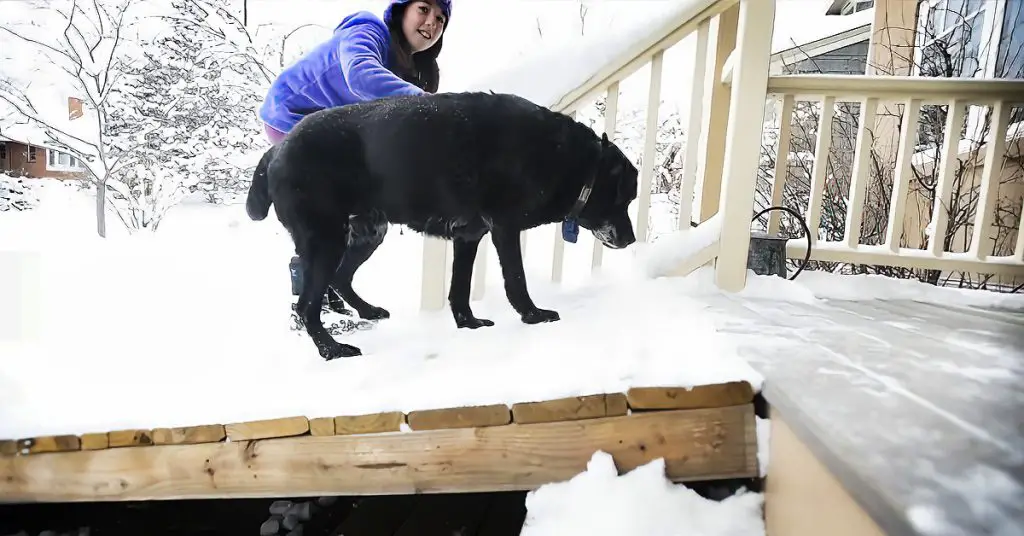 Mailman Helps Senior Dog That Was Struggling To Climb Stairs By Building A Ramp Jeff Kramer built a ramp for a senior dog on his mail route in Boulder, Colorado. Are stairs or ramps better for older dogs? As ... Read more
Mailman Helps Senior Dog That Was Struggling To Climb Stairs By Building A Ramp Jeff Kramer built a ramp for a senior dog on his mail route in Boulder, Colorado. Are stairs or ramps better for older dogs? As ... Read more9.
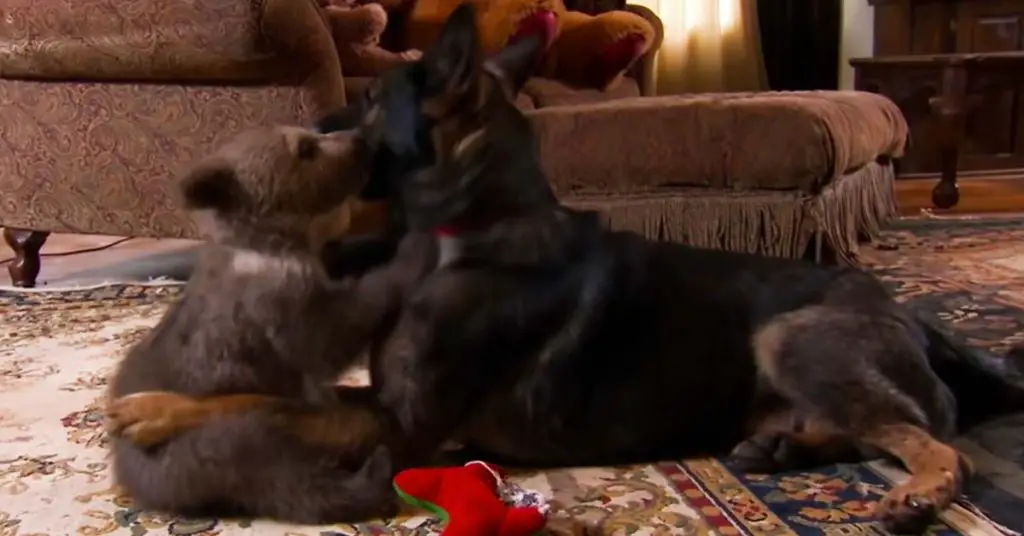 German Shepherd And Baby Bear Have Become Best Friends Tallulah the baby bear needed a friend at this animal sanctuary and the dog is the perfect companion. Will a dog scare away a bear? ... Read more
German Shepherd And Baby Bear Have Become Best Friends Tallulah the baby bear needed a friend at this animal sanctuary and the dog is the perfect companion. Will a dog scare away a bear? ... Read more10.
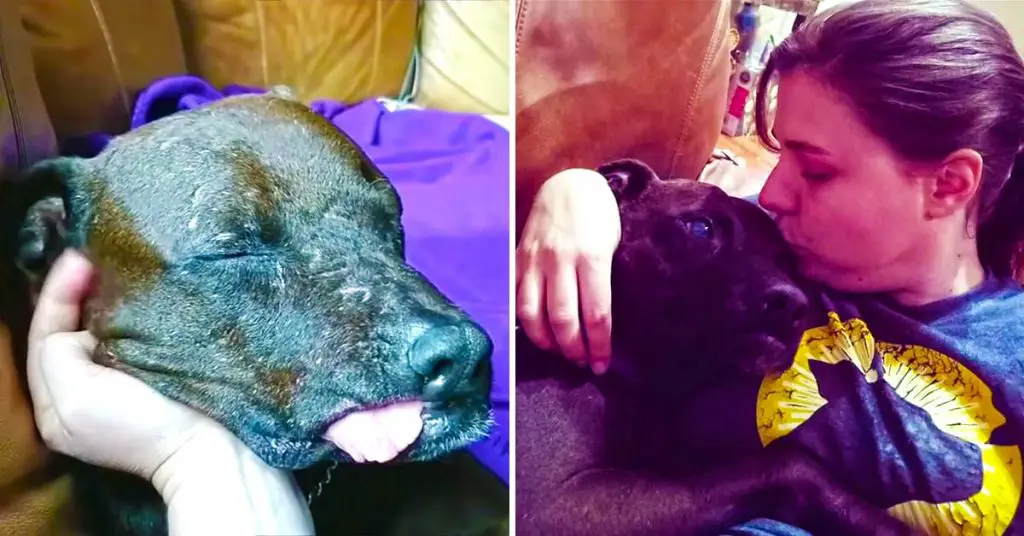 Bait Dog Discovers Love And Happiness For The First Time Poppy was found during a drug bust. After many surgeries, training, and lots of love he is a happy dog living a life of luxury. ... Read more
Bait Dog Discovers Love And Happiness For The First Time Poppy was found during a drug bust. After many surgeries, training, and lots of love he is a happy dog living a life of luxury. ... Read more